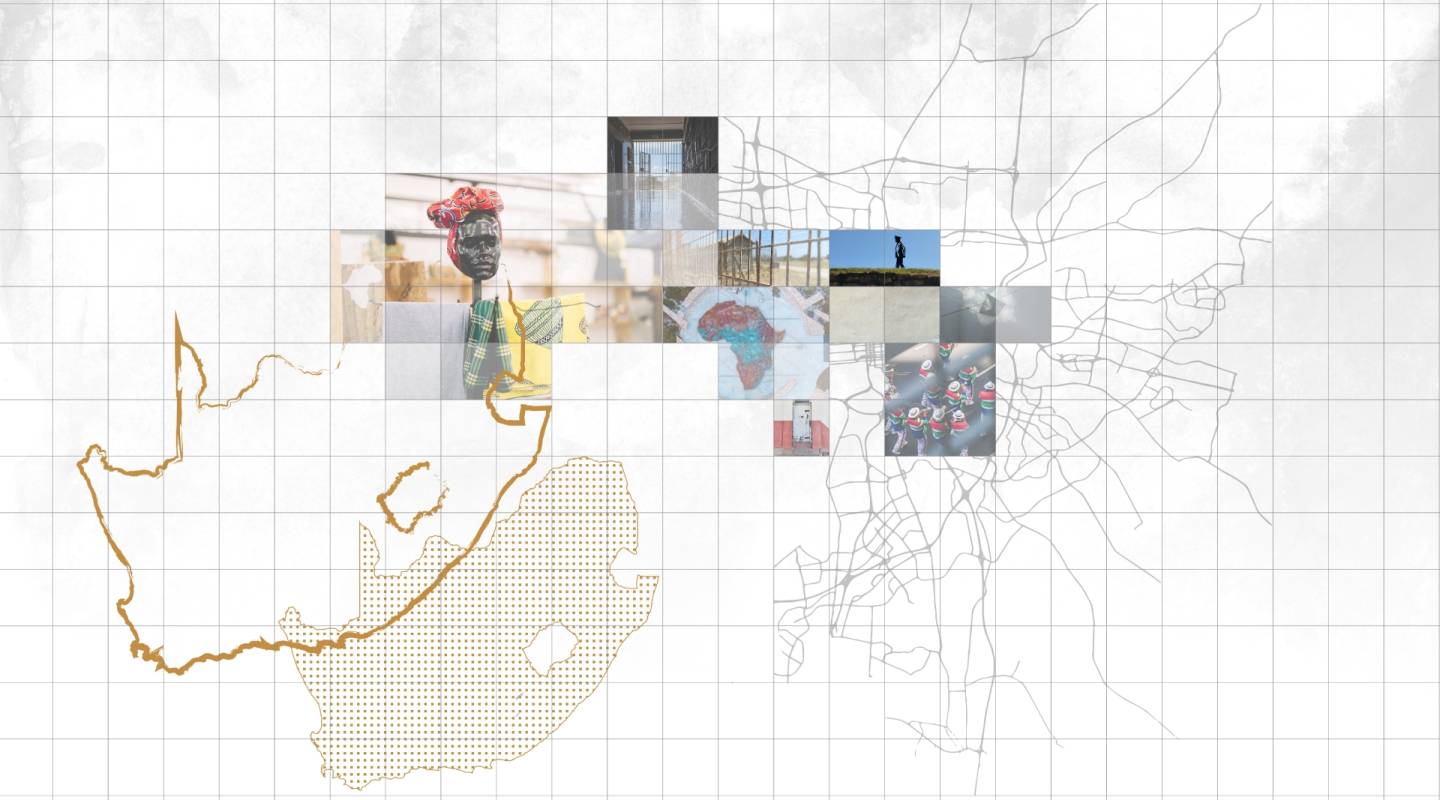South Africa has the largest prison population on the continent, with 157,056 incarcerated people in March 2023. Detention conditions vary across the territory. Many facilities lack adequate infrastructure, hygiene and food quality.
Overcrowding is a major issue in remand centres and facilities located in urban areas. At least ten prisons have an occupancy rate of over 200%. This situation is attributed to court backlogs, administrative burdens, minimum sentences, limited access to mandatory pre-release programmes and prolonged pre-trial detention, sometimes lasting multiple years. Financial constraints also hamper the release of prisoners, as many are unable to pay the fines or bail. An increasing number of untried prisoners are also being held for prolonged periods in police cells.
The death penalty was abolished in 1997. Most offences that used to carry it are now punishable by life imprisonment. The number of people sentenced to life increased by over 4,000% between 1995 and 2022.
In 2020, the prison administration introduced procedures for the placement of LGBTIQ+ prisoners. Civil society organisations are actively involved in efforts to develop and improve procedures addressing their specific needs.
The prison administration introduced policy to tackle sexual abuse in 2011. However, sexual violence remains rampant. Groups in situations of vulnerability are often the victims of abuse. Organised crime, gang violence and corruption are also deeply entrenched in some prisons. The issue is exacerbated by overcrowding and understaffing.
The South African Human Rights Commission (SAHRC) is the coordinating body of the National Preventive Mechanism, composed of four institutions. The Judicial Inspectorate for Correctional Services (JICS) is the body mandated to monitor the conditions of detention in prisons and remand centres. Since its creation in 1998, it has struggled to garner independence. The JICS is overseen and financed by the Department of Justice and Correctional Services. Today, it continues to push for legislation to address these structural issues.
Solitary confinement was outlawed in 2008 and replaced by ‘segregation’. In practice, there is virtually no distinction between the two. Concerns are frequently raised about prolonged isolation, sometimes lasting for years, in the country’s two maximum security prisons.
People found not criminally responsible by reason of mental illness or intellectual disability are known as ‘state patients’. Due to a lack of space in psychiatric institutions, they sometimes find themselves waiting in prison for indefinite periods, despite officials not being trained to care for them.
A number of systemic issues are reported in terms of access to healthcare: long waiting times, limited access to specialists, inadequate treatment, and insufficient resources. This situation is compounded by a shortage of medical staff. In recent years, considerable improvements have been made, both in terms of HIV and tuberculosis prevention and access to treatment.




